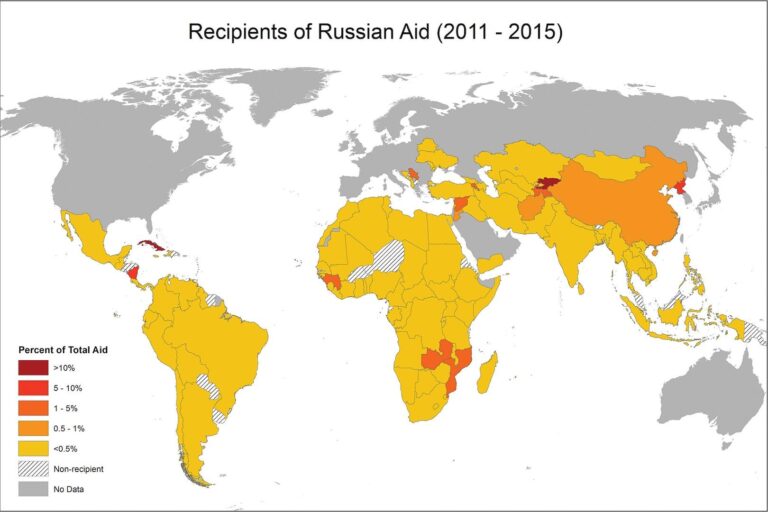From Aid Recipient to Trade Partner
The Evolution of Global Relationships
In today’s interconnected world, the dynamics of international relations are rapidly changing. Many countries that once relied heavily on foreign aid are now emerging as significant trade partners. This transformation is reshaping economic landscapes and influencing diplomatic ties globally.
The Role of Economic Development
Economic development plays a crucial role in shifting a nation’s status from an aid recipient to a trade partner. As nations invest in infrastructure and education, they become more self-sufficient and capable of engaging in international trade, ultimately boosting their economies.
Case Studies of Successful Transitions
Several countries have successfully transitioned from relying on aid to becoming trade partners. For instance, nations in Southeast Asia have utilized international funds to foster growth and enhance their markets, leading to increased exports and trade opportunities.
The Impact on Global Trade
The shift from aid recipients to trade partners significantly impacts global trade dynamics. Countries that were once dependent on financial assistance are now providing goods and services, contributing to a more balanced global trading system.
Challenges and Opportunities
Despite the positive developments, challenges remain in the transition from aid to trade. Issues such as trade imbalances, protectionist policies, and developing a competitive market can hinder progress but also present opportunities for innovation and collaboration.
The Future of International Relations
As more nations shift from aid to trade, the future of international relations will continue to evolve. Emphasis on trade relationships can lead to more stable and mutually beneficial partnerships, fostering peace and prosperity across borders. To learn more about this transition, visit The Borgen Project.

